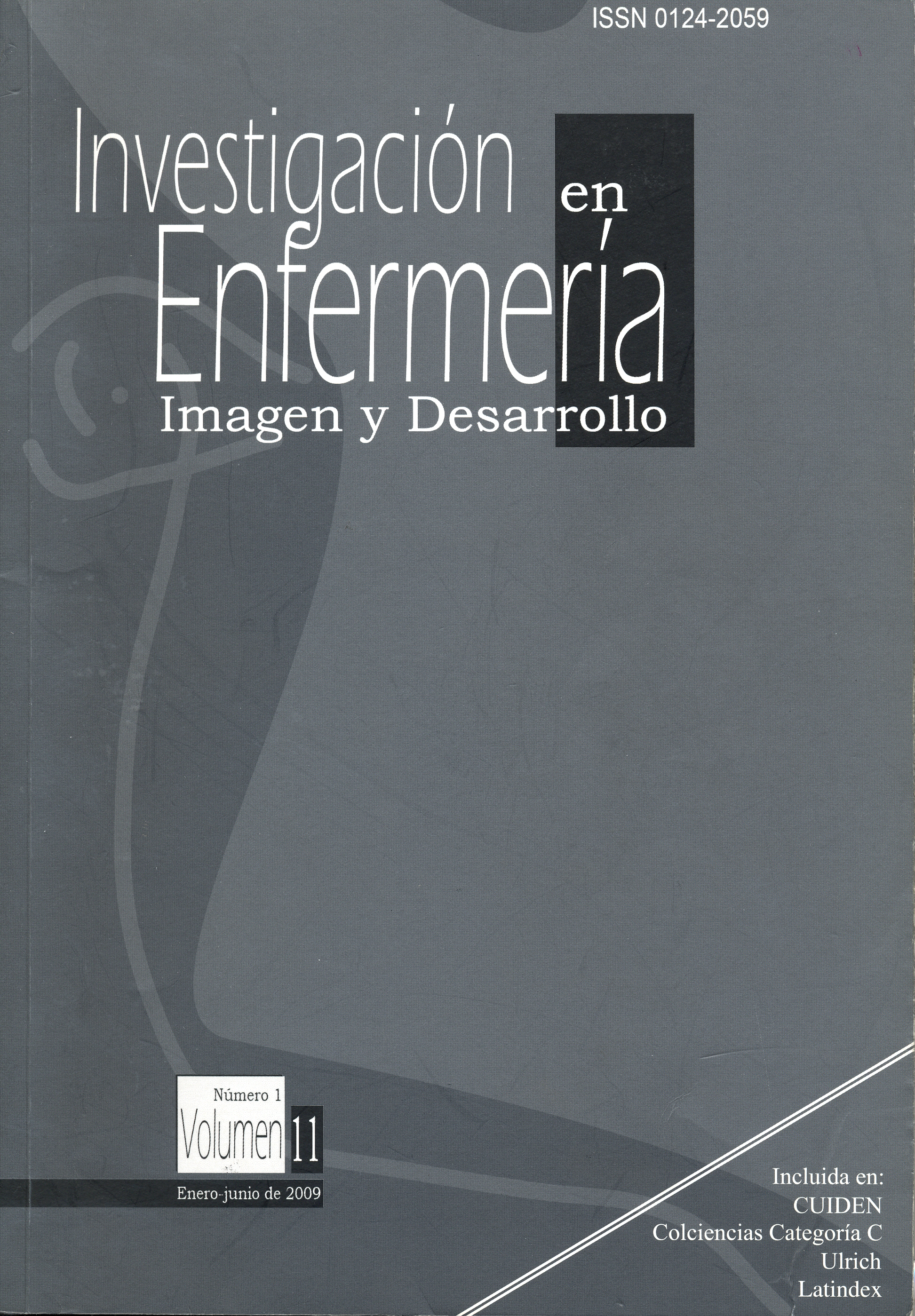Abstract
El propósito de este artículo de reflexión es hacer una aproximación histórica a las prácticas de enseñanza utilizadas en Colombia para enfermería a partir de los años treinta del siglo XX, con algunas proyecciones para el siglo XXI. Se revisan aquellos legados históricos de los modelos educativos tradicionales característicos del siglo XX donde lo trascendental eran los modelos conductistas, instrumentales y memorísticos, para llegar a una práctica educativa reflexiva en el siglo XXI, caracterizada por la participación de los actores de la trama educativa en el proceso de enseñanza y parendizaje, lo que permite promover en el estudiante procesos de análisis y pensamiento crítico, y en el docente, un replanteamiento de sus metodologías hacia la innovación tecnológica de la educación, como lo es el Aprendizaje Basado en Problemas (ABP) y la Práctica Basada en la Evidencia (PBE). Se concluye que la evolución de la enseñanza y aprendizaje es un proceso histórico con serias dificultades en relación con la falta de un método propio para la disciplina de enfermería, puesto que los actuales conceptos de libertad de cátedra e independencia no permiten realizar un proceso de estandarización educativa.
ABSTRACT
The purpose of this reflexive article is to make a reflection of historical approach to the teaching's practice used to nursing in Colombia since the early thirties of the twentieth century, with some projection for the XXI century. We review those historical legacies of traditional educational models that were characteristic of the twentieth century, where they were transcendental behavioral models, instrumental and rote, to reach a reflective educational practice in the twenty-first century characterized by the participation of actors of the plot education in the teaching and learning process in order to promoting the processes of student analysis and thinking critical and rethinking in the teaching methodologies for technological innovation in education as is the Problem Based Learning (ABP) and Practice Based in the Evidence (PBE). We conclude that the evolution of teaching and learning is a historical process with serious difficulties in relation to the lack of a method suitable for the discipline of nursing, because the current notions of academic freedom and independence will not allow a process of standarization education.
La revista Investigación en Enfermería. Imagen y Desarrollo se encuentra registrada bajo la licencia Creative Commons Reconocimiento 4.0 Internacional. Por lo tanto, esta obra se puede reproducir, distribuir y comunicar públicamente en formato digital, siempre que se reconozca el nombre de los autores y a la Pontificia Universidad Javeriana. Se permite citar, adaptar, transformar, autoarchivar, republicar y crear a partir del material, para cualquier finalidad (incluso comercial), siempre que se reconozca adecuadamente la autoría, se proporcione un enlace a la obra original y se indique si se han realizado cambios. La Pontificia Universidad Javeriana no retiene los derechos sobre las obras publicadas y los contenidos son responsabilidad exclusiva de los autores, quienes conservan sus derechos morales, intelectuales, de privacidad y publicidad.
El aval sobre la intervención de la obra (revisión, corrección de estilo, traducción, diagramación) y su posterior divulgación se otorga mediante una licencia de uso y no a través de una cesión de derechos, lo que representa que la revista y la Pontificia Universidad Javeriana se eximen de cualquier responsabilidad que se pueda derivar de una mala práctica ética por parte de los autores. En consecuencia de la protección brindada por la licencia de uso, la revista no se encuentra en la obligación de publicar retractaciones o modificar la información ya publicada, a no ser que la errata surja del proceso de gestión editorial. La publicación de contenidos en esta revista no representa regalías para los contribuyentes.


